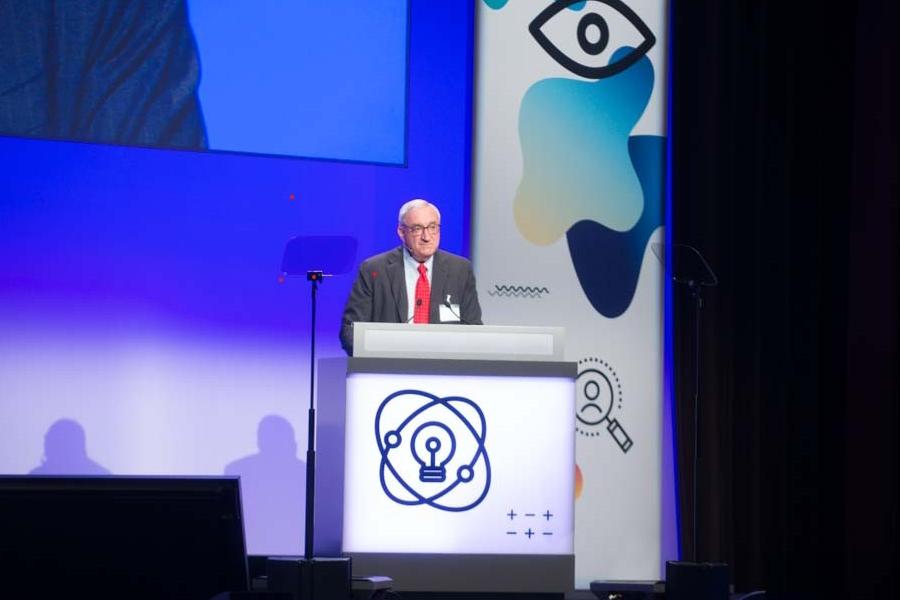Idorsia's clazosentan fails phase 3 test in brain injury

Jean-Paul Clozel
Swiss biotech Idorsia has suffered a setback in its bid to develop clazosentan for a form of stroke in the west, despite winning approval of the drug in Japan last year.
The company's global phase 3 trial – called REACT – found that clazosentan was unable to prevent clinical deterioration in patients suffering an aneurysmal subarachnoid haemorrhage (aSAH), a life-threatening form of stroke caused by a ruptured blood vessel in the brain that has a mortality rate of 25% to 50%.
The study enrolled more than 400 patients aged 18 to 70 who had experienced an aSAH and had been stabilised after the initial rupture, but showed evidence of "thick and diffuse clots" on a CT scan.
Clazosentan – an intravenously-administered endothelin A receptor antagonist – is designed to prevent cerebral vasospasm in aSAH patients, a sudden narrowing of blood vessels that can occur in the days after the aneurysm, causing a lack of oxygen (ischaemia) that can exacerbate the brain injury.
aSAH accounts for around 5% of all strokes, and in about a third of cases patients develop cerebral vasospasm, leading to a worsening of their neurological condition.
Idorsia isn't giving away much detail about the trial yet, but it is clear that clazosentan was unable to improve the primary endpoint in the study - clinical deterioration due to delayed cerebral ischaemia up to 14 days after dosing started - compared to placebo.
Clazosentan was approved for the prevention of cerebral vasospasm, vasospasm-related cerebral infarction, and cerebral ischaemic symptoms after aSAH in Japan last year, where it is sold as Pivlaz, on the strength of a pair of phase 3 studies involving Japanese subjects.
Both studies showed that clazosentan reduced cerebral vasospasm-related morbidity and all-cause mortality events by more than 50% over a six-week period post-aSAH, making the failure of the REACT study particularly surprising.
Idorsia's chief executive, Jean-Paul Clozel, said he was "very disappointed" by the outcome of the study, which was "based on strong scientific and medical rationale and executed diligently."
The full data set – and an interpretation of the data – will be made available later, said the biotech, which for now is making no comments on the future of the drug outside Japan.
News of the REACT readout came as Idorsia reported its financial results for 2022, including CHF 97 million ($105 million) in revenues. It's notable that CHF 44 million of that total came from Japanese sales of Pivlaz since its launch in April last year, an indicator of the financial potential of the drug and its importance to Idorsia's growth.
Quviviq (daridorexant) for insomnia contributed CHF 6.5 million, with the remainder coming from contract revenues and collaborations with partner companies, including Johnson & Johnson, Mochida Pharma, and Neurocrine Biosciences.
It is predicting 2023 sales will reach around CHF 230 million, based on Pivlaz sales in Japan, and Quviviq sales in the US, Germany, Italy, the UK, and Switzerland. Meanwhile, next year could see the biotech's product range extended by approval of J&J-partnered aprocitentan in patients with resistant hypertension.
Idorsia needs to raise cash to fund its growth, however, according to chief financial officer André Muller, who said the company is continuing to "carefully weigh our funding options to do so." It ended the year with CHF 146 million in cash reserves, which could be exhausted in the space of a few months at its current burn rate.












